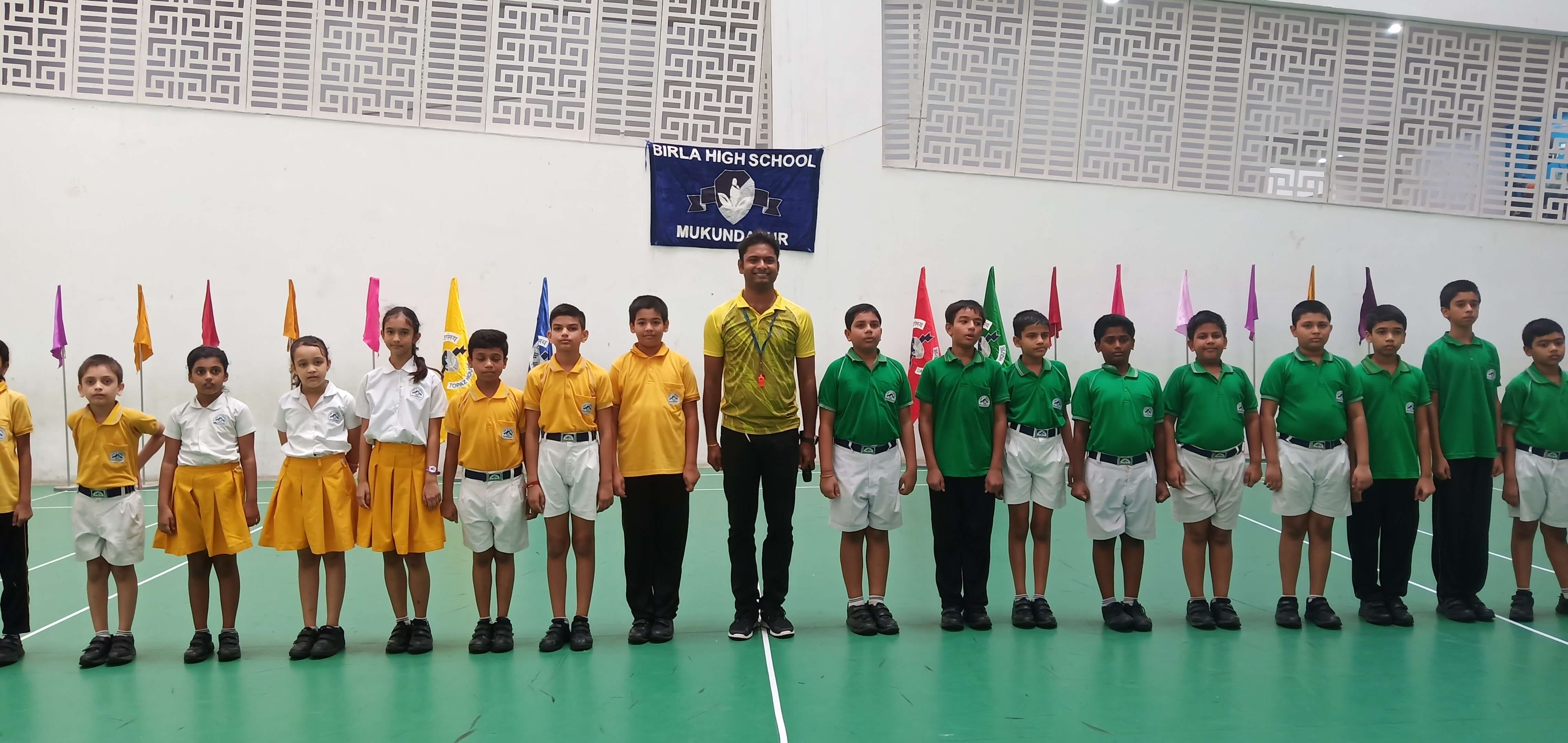Nurturing Holistic Development in Students
Sun 28 Apr 2024 Category : General | Posted By : admin

Introduction:
In the fast-paced world of education, where academic achievement often takes centre stage, the role of arts education is sometimes overlooked. However, the truth is that arts education plays a vital role in fostering holistic development in students, nurturing their creativity, critical thinking, and emotional intelligence. Let's delve into the transformative power of arts education and explore how it contributes to the overall development of students.
Unlocking Creativity and Innovation:
Arts education provides students with a unique opportunity to explore their creativity and express themselves through various artistic mediums, including visual arts, music, theatre, and dance. By engaging in creative processes such as painting, drawing, composing music, or performing in a play, students learn to think outside the box, experiment with new ideas, and innovate. This fosters a culture of creativity and innovation that is essential for success in the 21st century.
Enhancing Critical Thinking and Problem-Solving Skills:
Participating in arts education encourages students to analyse, interpret, and evaluate artistic works, developing their critical thinking skills in the process. Whether studying the meaning behind a painting, dissecting the lyrics of a song, or analysing the symbolism in a play, students learn to think critically and engage with complex ideas. This ability to critically evaluate information and solve problems is transferable to other academic subjects and real-world situations, making arts education an invaluable asset for students.
Fostering Emotional Intelligence and Empathy:
Art has the power to evoke emotions and stir empathy in ways that other subjects cannot. Through artistic expression, students learn to identify and articulate their emotions, develop empathy for others, and connect with different perspectives and experiences. Whether through creating art that reflects their own emotions or interpreting the emotions conveyed in a piece of music or literature, students gain a deeper understanding of themselves and the world around them, fostering emotional intelligence and empathy.
Promoting Collaboration and Communication Skills:
Arts education often involves collaborative projects and performances, providing students with opportunities to work together, communicate effectively, and contribute to a shared vision. Whether collaborating on a mural, rehearsing for a musical performance, or choreographing a dance routine, students learn the importance of teamwork, cooperation, and effective communication. These collaboration skills are essential for success in both academic and professional settings, making arts education a valuable investment in students' future success.
Conclusion:
In conclusion, arts education plays a crucial role in the overall development of students, nurturing their creativity, critical thinking, emotional intelligence, and collaboration skills. By providing students with opportunities to engage in artistic expression, explore new ideas, and collaborate with others, arts education prepares them to thrive in the 21st century and become well-rounded individuals. Let's recognize and celebrate the transformative power of arts education in shaping the future leaders, innovators, and artists of tomorrow.


